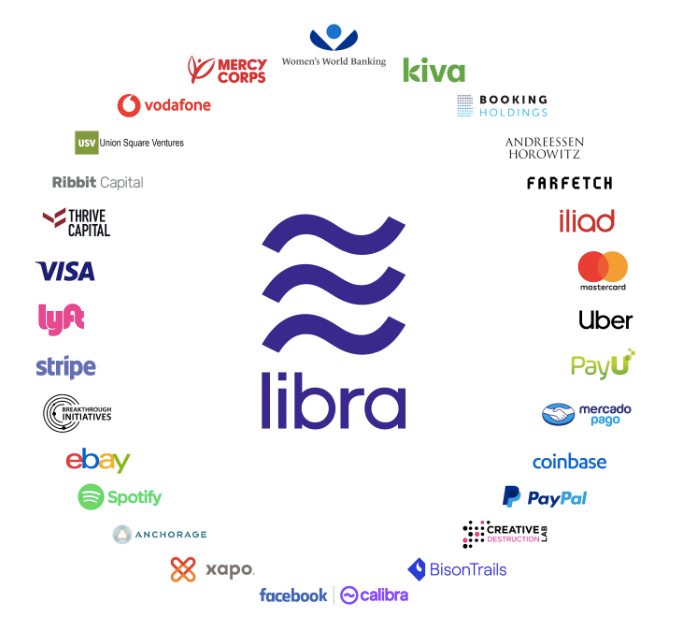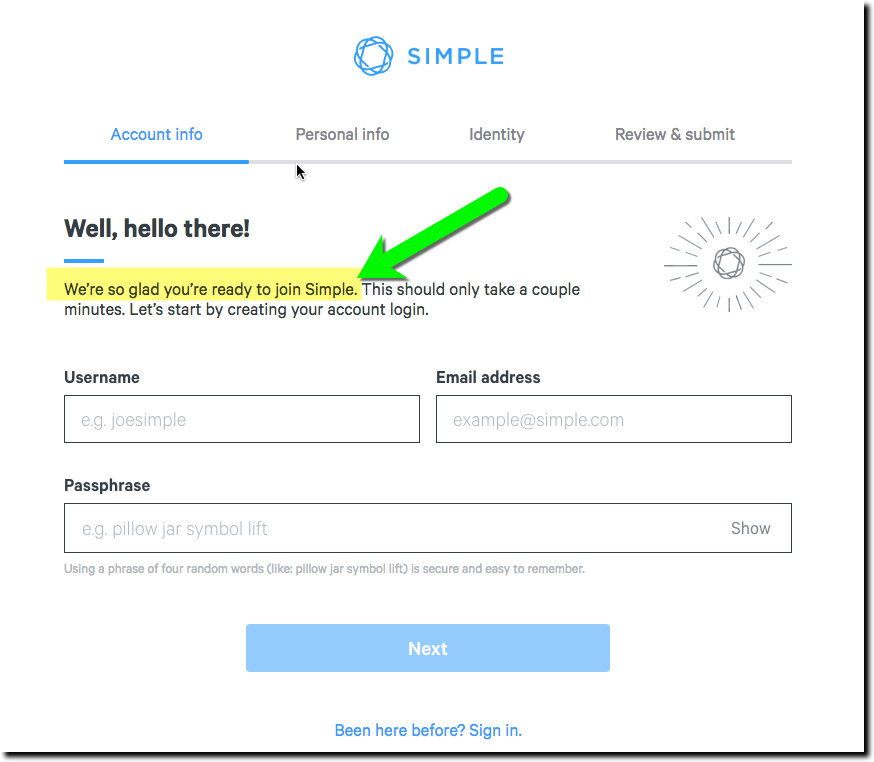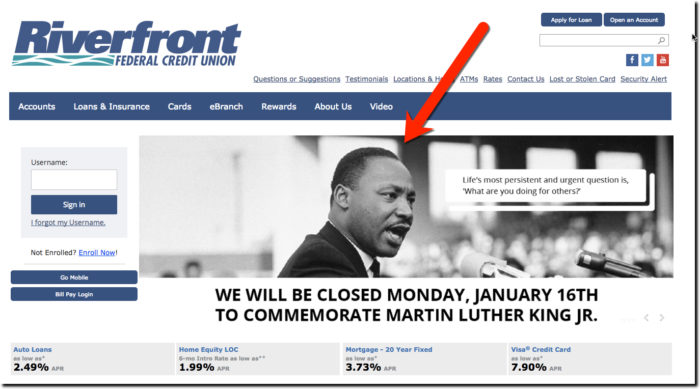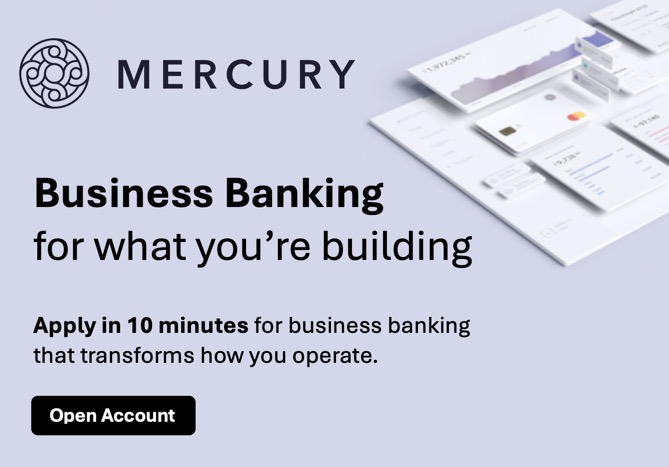 I’ve read as much as I can take for now about Facebook’s Libra crypto coin and Calibra digital wallet announcement. Most observers are skeptical given the many hurdles. But analysts like the upside if Facebook successfully gains adoption among its 2.7 billion users. Barclays investment bank projected $3B in base-case revenue by 2021 and $19B in the upside case for 2021 (that seems highly unlikely given its hoped for mid-2020 launch).
I’ve read as much as I can take for now about Facebook’s Libra crypto coin and Calibra digital wallet announcement. Most observers are skeptical given the many hurdles. But analysts like the upside if Facebook successfully gains adoption among its 2.7 billion users. Barclays investment bank projected $3B in base-case revenue by 2021 and $19B in the upside case for 2021 (that seems highly unlikely given its hoped for mid-2020 launch).
Honestly, it’s vaporware at this point and no one really knows whether it will work or not. I’m convinced that the underlying technology (crypto) has a great future given the instability of many fiat currencies. And certainly, no one would disagree with Facebook’s stated objectives of reducing remittance fees and empowering the underbanked.
 But I am shocked that Facebook would enter this market in 2019.
But I am shocked that Facebook would enter this market in 2019.
Forget about whether it’s a good idea or not, why would Facebook do anything to increase the regulatory, press and consumer scrutiny they are under around the world? Other than maybe healthcare, or defense contracting, crypto/banking is about as controversial of a space Facebook could find. And to what end? The company had $30B in operating cash flow last year, how does a low-fee stable coin materially impact the company’s earnings? Sure Paypal had $7B in cash flow last year (almost 25% of Facebook’s), but much of that was from what Facebook said it was eschewing: substantial merchant fees and FX spreads.
My take: The first article I ever published (which I just noticed contains my first it’s/its typo) was about how it made no sense for Microsoft to become a bank, despite widespread fear at the time. That was in 1995, and every one of those reasons still holds for Facebook in 2019 (or any other big U.S. tech firm for that matter):
- Less profitable than partnering: Why build a payment system from scratch when you can easily partner with any financial company on the planet and instantly drop billions to the bottom line with little expense (see Apple/Goldman, Amazon/Chase, etc)
- Competes with its customers: Financial services is generally one of the largest advertising categories in the world currently spending billions on Facebook ads (or Microsoft software in ’95).
- Lowers margins: Facebook/Microsoft enjoys high margins from its software/platform position. Consumer financial services are not as profitable. Shareholders are not going to like margin compression.
- Provokes regulators: Facebook/Microsoft are already being scrutinized by regulators around the world for privacy and data issues. Why bring in a whole new set of financial regulators?
- Swerves outside its lane: Facebook/Microsoft can hire the best people to figure it out, but why does a big bet in banking/payments make sense strategically?
Why I might be wrong: I’m not a payments, crypto or blockchain geek, so perhaps this crypto play is necessary in a very long game that I don’t see. For example, David Birch thinks the global identity objective is the most important piece. Another possibility is that by assembling a dream team of 100+ major companies around the globe (see first 27 partners in top graphic), each of which have $10M invested in the concept, Facebook successfully places itself in the center of the ecommerce eco-sphere, thus insulating itself from the inevitable fall-off of advertising.
What banks need to do now: There is no immediate threat. However, if Facebook is looking for bank partners to bring consumers into its Libra eco-system, you should take the meeting. It could be a nice PR/marketing play as well as a minor point of differentiation.






